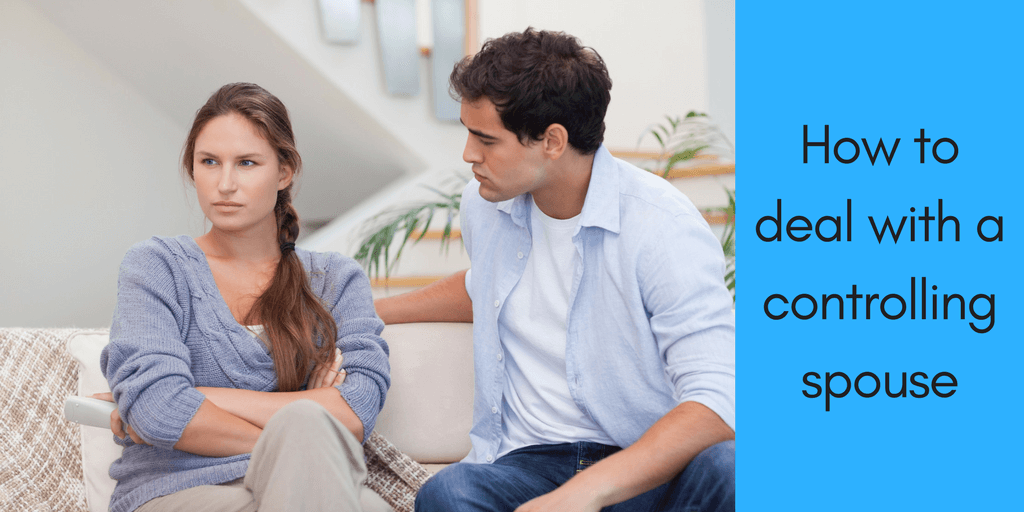

You may not know it but dealing with a controlling partner is much more common than you may think.
Some hide it from their spouse until they are married, or at least engaged, while others become controlling in response to a specific event. Many people automatically think of “controlling husband”, though in many relationships where this is an issue, it’s the wife who is the controlling partner.
Controlling people lack empathy, and are often very insecure, though this is the last impression others will have of them.
Some people don’t set out to be controlling; it’s simply who they are. Others know exactly what they are doing when they try to gain the upper hand over others – control is a key feature in people with a narcissistic personality disorder.
Control in a marriage includes:
- Giving orders
- Expecting to be obeyed
- Making choices on the other’s behalf
- Controlling money
- Temper tantrums
- Criticism
- Superiority
- Put downs
- Silent treatment
- “My way or the highway”
- “What’s yours is mine; what’s mine is mine”
- Expectations of sex regardless of their partner’s desire
- “Teaching a lesson”
While some controlled and dominated spouses finally decide they have had enough and end the relationship, it may not signify the end for allrelationships.
So does a controlling partner signal the end for a marriage?
Not necessarily – though it’s not an easy situation. If the person married to the controller engages in power play, or alternatively is submissive and subservient, the relationship will not thrive. The controller will not cope with being blatantly challenged, while the subservient partner will lose themself in the relationship.
Those who succeed in a marriage with a controlling partner generally take one of two key approaches:
- Agree with the arguments of the controller but don’t allow themself to be controlled – this, over time, can create a more balanced approach to life by the controller.
- Highlight and play to the controller’s strengths and good qualities.
Professional marriage therapy can help in these situations. Link to counselling blog
Dealing with any controlling person is incredibly challenging – much more so if you care about them and live with them. But no matter how in love you may be, nobody has the right to control another. Respect yourself, and others will be more inclined to respect you!
Final tips:
- Understand that your partner is controlling – try to understand why
- Seek professional help
- Remain calm
- Don’t take responsibility for your partner’s behaviour
- Communicate about how their domineering actions affect you
- Remember that you matter
If your marriage is ending a helping hand with your separation and divorce from a law perspective may be beneficial.
If you are separating, please talk to us about the process you need to take to get the best possible outcome for everyone involved.
Call us on 07 3161 2762 or email at [email protected]
